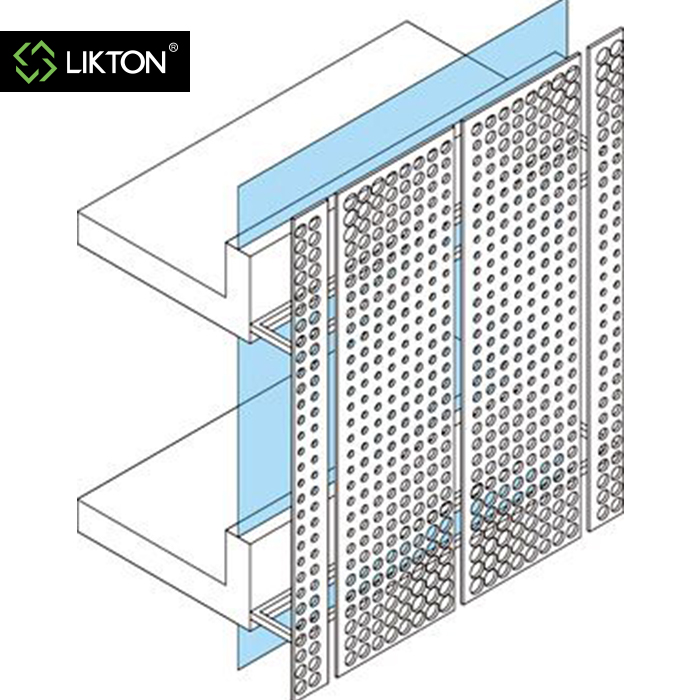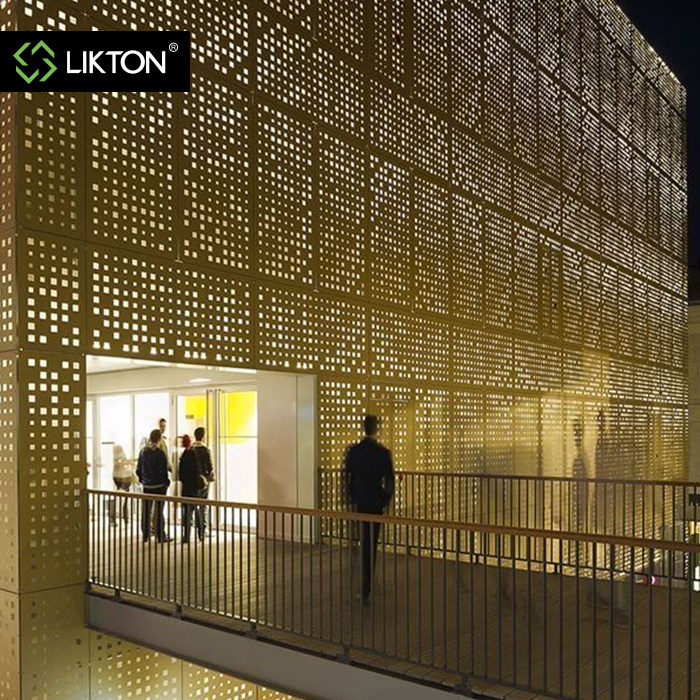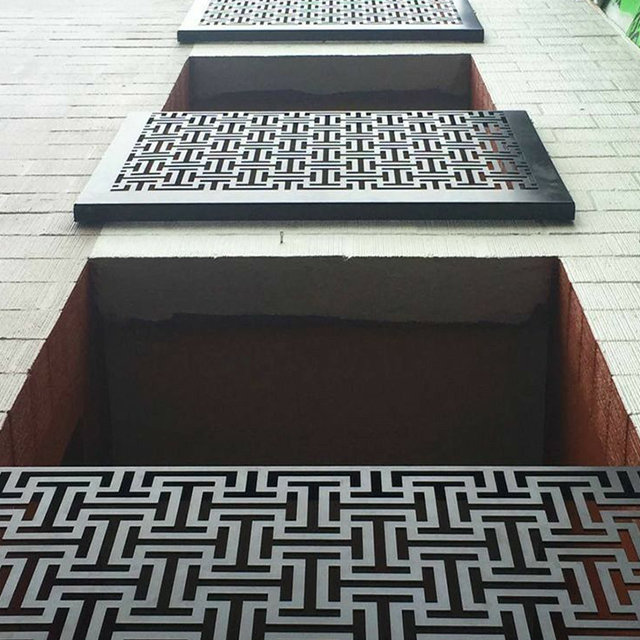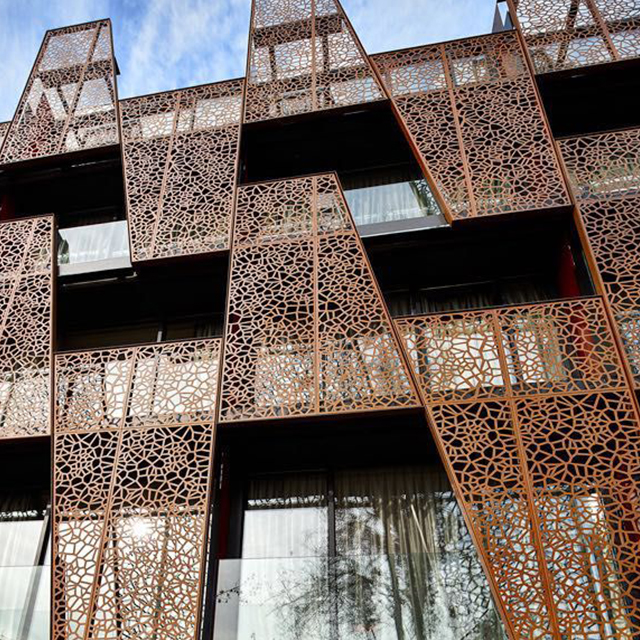Choosing the right cladding material for your building project is crucial for both aesthetic appeal and structural integrity. Among the plethora of options available, stone and aluminum wall panels stand out as popular choices. Each material offers a unique set of advantages and disadvantages that should be carefully considered before making a decision.
Stone Wall Panels: Timeless Elegance and Durability
Stone wall panels exude an aura of timeless elegance and sophistication that is unmatched by other cladding materials. Their natural beauty and inherent strength make them a popular choice for both interior and exterior applications.

Advantages of Stone Wall Panels:
- Unparalleled Aesthetic Appeal: Stone’s natural texture and variations in color and pattern create a visually stunning appearance that adds a touch of luxury to any space.
- Exceptional Durability: Stone is incredibly durable and can withstand harsh weather conditions, making it an ideal choice for exterior cladding.
- Low Maintenance: Stone requires minimal maintenance and can last for decades with proper care.
- Fire Resistance: Stone is naturally fire-resistant, providing an added layer of safety for your building.
Disadvantages of Stone Wall Panels:
- High Cost: Stone wall panels are significantly more expensive than other cladding options, such as aluminum.
- Heavy Weight: Stone is a heavy material, which can increase the structural load on your building and potentially require additional support.
- Susceptibility to Fading: Certain types of stone may fade over time when exposed to direct sunlight.
- Complex Installation: Installing stone wall panels requires specialized skills and expertise, adding to the overall cost of the project.
Aluminum Wall Panels: Versatility and Affordability
Aluminum wall panels offer a compelling blend of versatility, affordability, and low maintenance, making them a popular choice for a wide range of applications.

Advantages of Aluminum Wall Panels:
- Cost-Effective: Aluminum wall panels are significantly more affordable than stone cladding, making them a budget-friendly option.
- Lightweight: Aluminum is a lightweight material, which reduces the structural load on your building and simplifies installation.
- Versatility: Aluminum can be easily shaped and molded into various forms, allowing for a wide range of design possibilities.
- Low Maintenance: Aluminum requires minimal maintenance and is resistant to rust and corrosion.
- Recyclability: Aluminum is a recyclable material, making it an environmentally friendly choice.
Disadvantages of Aluminum Wall Panels:
- Limited Aesthetic Appeal: While aluminum can be finished in various colors and patterns, it may not offer the same level of natural beauty and as stone.
- Susceptibility to Dents: Aluminum is more susceptible to dents and scratches than stone.
- Shorter Lifespan: Aluminum may have a shorter lifespan than stone, especially in harsh environments.
Choosing the Right Material for Your Project
The decision between stone and aluminum wall panels ultimately depends on your specific project requirements, budget, and aesthetic preferences. If you prioritize timeless elegance, durability, and are willing to invest in a higher upfront cost, stone is an excellent choice. However, if you seek a more affordable, lightweight, and versatile option, aluminum panels are a compelling alternative.


